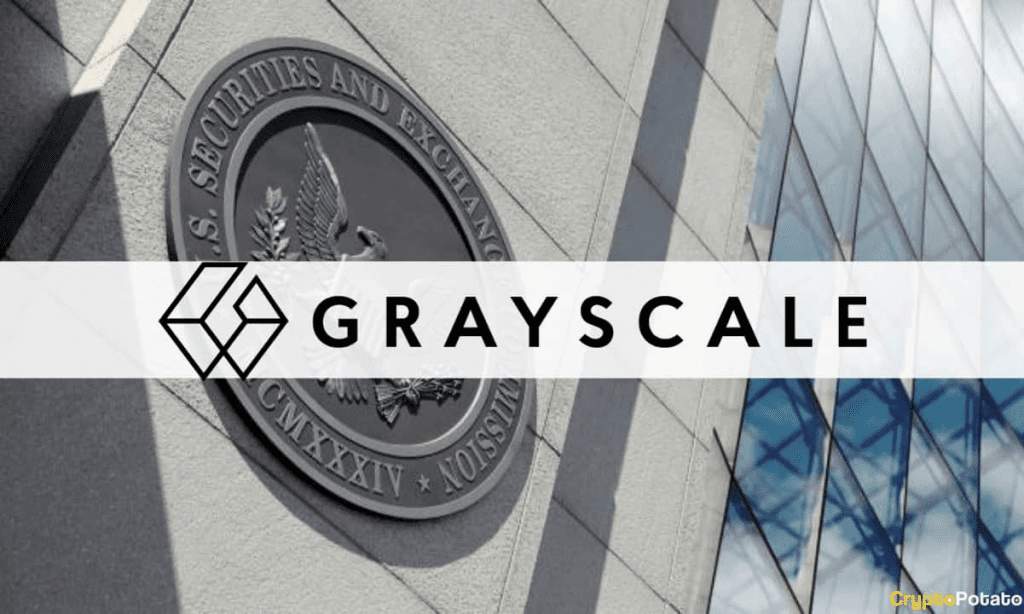Grayscale argues that the differences between futures and spot Bitcoin ETFs have no correlation to approvals because prices are based on the same spot Bitcoin markets.

Grayscale struggles for a spot Bitcoin ETF
Asset management companies are still vying for a seat in the United States’ first Bitcoin (BTC) exchange-traded fund (ETF), despite regulators’ continued skepticism of the concept.
Asset manager Grayscale’s chief legal officer, Craig Salm, spoke about the company’s legal dispute with the SEC over the transformation of the Grayscale Bitcoin Trust (GBTC) into a spot Bitcoin ETF.
Salm responded to the most frequently asked questions about the litigation and laid out the foundation for Grayscale’s defense of the SEC. The SEC’s rejection of the spot Bitcoin ETF, in the legal officer’s opinion, distinguishes between futures and spot trading for Bitcoin ETFs.
This company contends that since spot Bitcoin ETF prices and futures prices are based on the same spot Bitcoin markets, there is no connection between the two and the approval of Bitcoin ETFs.
The Grayscale legal team contends that it is “unfair discrimination” to approve Bitcoin futures ETFs while rejecting spot Bitcoin ETFs. Salm asserted that this breaks a number of laws, including the Securities Exchange Act of 1934 and the Administrative Procedure Act.
After explaining Grayscale’s arguments, Salm also answered the most common question among those following the lawsuit’s developments: When will a spot Bitcoin ETF finally be approved?
According to Salm, while there is no certainty about the exact timing – due to many factors – heestimates that it could take from one to two years.
Despite the potential length of the lawsuit, Salm said that Grayscale firmly believes in its arguments and is positive that the courts will rule in its favor.
When Grayscale launched its legal challenge to the SEC, community members rallied behind the firm. Many were disappointed with the decision to disapprove the spot Bitcoin ETF while approving an ETF that shorts Bitcoin. A Twitter user alleged that the SEC’s move aims to “suppress the price of Bitcoin.”
DISCLAIMER: The Information on this website is provided as general market commentary and does not constitute investment advice. We encourage you to do your own research before investing.
Join CoinCu Telegram to keep track of news: https://t.me/coincunews
Follow CoinCu Youtube Channel | Follow CoinCu Facebook page
Foxy
CoinCu News






















